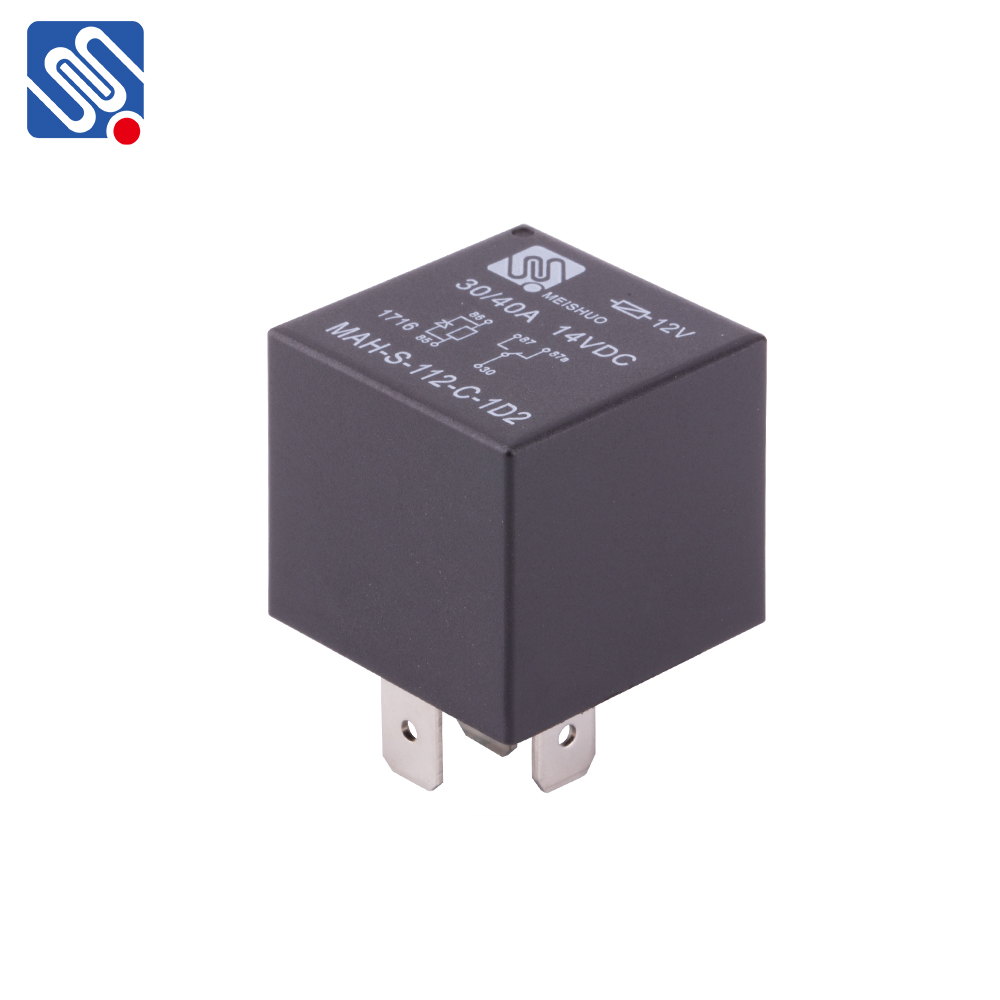understanding relay characteristics and the role of meishuo in advanced relay technologies
Release time:2025-05-07 13:24:34
Relays are essential components in electrical and electronic systems, playing a crucial role in controlling high-power circuits with low-power signals. These electromechanical switches are widely used in automation, communication, and control systems. Understanding relay characteristics is fundamental for selecting the right relay for a particular application. Among the various advancements in relay technology, Meishuo has emerged as a notable name in providing innovative solutions. This article explores the key characteristics of relays and highlights the contributions of Meishuo in advancing relay technology.

What is a Relay?
A relay is an electrically operated switch that uses an electromagnet to control the opening or closing of contacts in a circuit. When a small current passes through the coil, it generates a magnetic field, attracting a movable arm that switches the contacts. The relay is typically used to control a higher power load using a lower power signal, enabling the operation of various devices such as motors, lights, and alarms.
Key Relay Characteristics
Coil Voltage: The coil voltage is one of the most critical relay characteristics. It refers to the voltage required to activate the electromagnet within the relay. Different relays are designed to operate at various coil voltages, such as 5V, 12V, 24V, and so on. Choosing a relay with the correct coil voltage is essential for the stability and reliability of the system.


